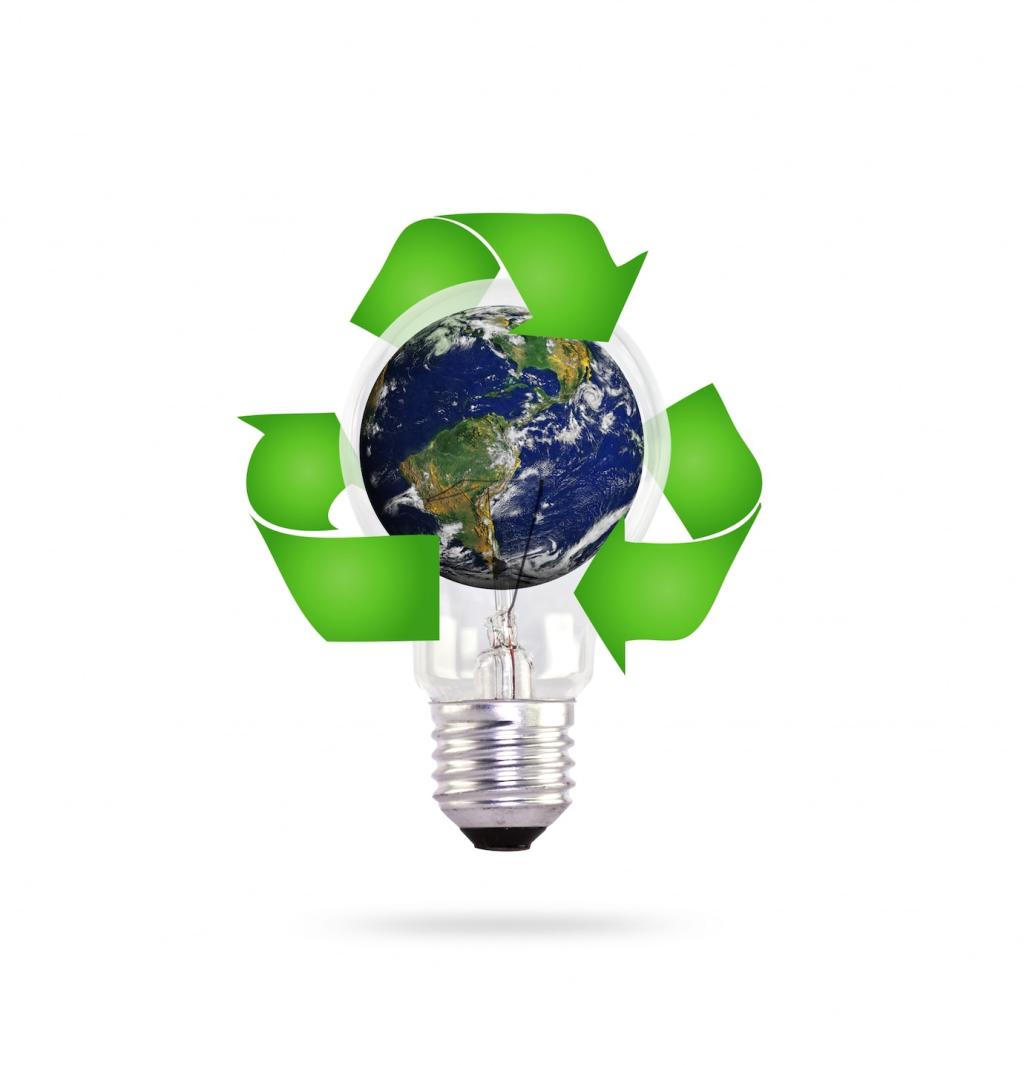Sustainable Fabrics and Materials in Fashion
Sustainable fabrics offer measurable environmental advantages, such as reducing greenhouse gas emissions, minimizing water usage, and lowering pollution. Many of these textiles are derived from rapidly renewable resources or recycled content, which lessens the strain on natural systems. By replacing conventional cotton or synthetic fibers with less resource-intensive materials, the fashion industry can significantly curb its negative effects on the planet. Over time, embracing sustainable fabrics ensures clothing production and disposal become part of a regenerative rather than a damaging cycle.
The Importance of Sustainable Fabrics in Fashion
Natural Fibers: Renewable and Biodegradable Options

Organic Cotton
Organic cotton represents a sustainable alternative to conventional cotton, which is often criticized for high water and pesticide use. Grown without harmful chemicals, organic cotton supports healthier ecosystems and farm communities. It reduces soil and water contamination while providing a fiber that is gentle on the skin and durable for wear. The transition to organic cultivation can be challenging but is vital for achieving environmentally responsible garment production.

Hemp
Hemp is gaining recognition as a sustainable super-fiber due to its rapid growth, minimal need for pesticides, and soil-enriching qualities. Its cultivation requires little water, and the plant itself is highly efficient at carbon sequestration, thus mitigating climate change effects. Hemp fibers produce strong, long-lasting textiles that soften over time, making them appealing for both ecological and functional reasons. The increasing availability of hemp fabric is enabling designers to innovate with this ancient yet forward-thinking material.

Linen
Linen, derived from the flax plant, epitomizes sustainable elegance. With its ability to grow in poor-quality soil using very little water, flax cultivation is less taxing on the environment than conventional cotton. Linen fibers are strong, naturally moth-resistant, and biodegradable, providing a versatile textile that wears cool and fresh in hot weather. As consumer interests shift toward eco-conscious wardrobes, linen’s timeless appeal and sustainability credentials gain renewed attention.
Previous
Next
Recycled and Regenerated Fibers
Recycled polyester, often sourced from discarded plastic bottles, reduces the reliance on petroleum-based virgin polyester. Its production consumes less energy and diverts plastic waste from oceans and landfills, making it a pivotal material in sustainable fashion. Although the recycling process carries its own environmental challenges, the benefits in terms of carbon footprint and raw material conservation remain significant. Brands utilizing recycled polyester are sending a strong message about waste reduction and circularity in design.

The Role of Technology in Sustainable Textiles
Biofabrication and Lab-Grown Materials
Biofabrication harnesses biological processes to cultivate materials in controlled lab settings, replacing traditional resource-heavy production. Lab-grown leather, created using living cells, sidesteps the environmental toll of animal agriculture, producing durable and cruelty-free alternatives. These methods consume fewer chemicals and water, making them less polluting than conventional processes. As the technology matures, biofabricated textiles are poised to redefine luxury, performance, and ecological standards across the industry.
Digital Textile Printing
Digital textile printing represents a leap forward in fabric coloration, using precise technology to apply dyes only where needed. This sharply reduces water and energy use compared to conventional dye baths, while also decreasing chemical runoff. Designers benefit from limitless creativity without sacrificing sustainability, as on-demand printing helps curb waste from overproduction. The integration of digital tools into textile processing marks a future where high quality and ecological awareness go hand in hand.
Supply Chain Transparency
Cutting-edge tracking methods, including blockchain, are empowering brands and consumers to trace materials from source to finished product. This transparency ensures ethical sourcing, fair labor, and minimal environmental impact are verifiable rather than mere claims. The resulting trust fosters deeper customer loyalty and industry accountability. Technology-driven transparency is one of the most effective tools for combating greenwashing and ensuring the integrity of sustainable fashion claims.

Bio-Based Polyester
Bio-based polyester is manufactured from renewable plant sources such as corn or sugarcane, substituting petroleum-derived ingredients. This reduces the carbon footprint associated with the raw material phase while maintaining the familiar properties of conventional polyester. Though not inherently biodegradable, bio-based polyester supports a shift towards resource-efficient production. As technology advances, the hope is to combine renewable content with improved end-of-life degradability for a true win-win solution.

Compostable Bioplastics
Compostable bioplastics are emerging as a direct response to the disposal problems linked to traditional synthetics. Derived from plant materials like starch or cellulose, these polymers are designed to break down more readily in industrial composting conditions. Such fabrics offer potential for reducing landfill accumulation and microplastic pollution, provided waste management systems are equipped to handle them. The inclusion of compostable textiles in fashion points to a reimagined life cycle for clothing.

Recycled Synthetic Blends
Recycled synthetic blends take post-consumer plastic waste and transform it into new textile hybrids, merging the strengths of synthetics with recycled content. These blends are commonly used for garments demanding specific durability or elasticity benchmarks, such as sportswear or outerwear. By capturing and reusing waste, this approach lessens the need for virgin plastic production and slows the accumulation of microplastics in the environment. Recycled blends thus combine functionality with a more responsible material narrative.
Certifications, Standards, and Transparency
The Global Organic Textile Standard (GOTS) is a leading certification that guarantees organic status throughout the textile supply chain, from farm to finished garment. This comprehensive standard covers ecological and social criteria, ensuring fibers are grown, processed, and manufactured with minimal harm and fair labor practices. For consumers, the GOTS label provides trusted assurance that the fabric meets high benchmarks for both environmental stewardship and human rights.
